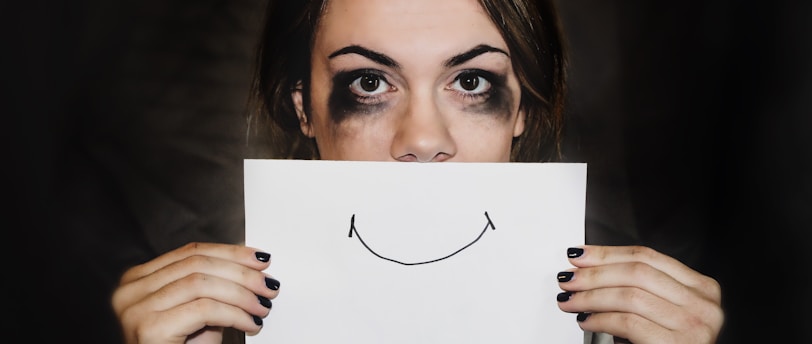The Hidden Toll: Navigating Mental Health in the Influencer Economy
Discover the hidden mental health toll on influencers, from burnout and imposter syndrome to intense public scrutiny. This article explores these unique challenges and paths to well-being in the digital spotlight.
KOLINFLUENCERSSOCIAL MEDIAKOCMENTAL HEALTH
7/18/20252 min read


The Hidden Toll: Navigating Mental Health in the Influencer Economy
The glitz and glamour of influencer life often paint a picture of endless opportunities, creative freedom, and financial success. However, beneath the perfectly curated feeds and sponsored posts lies a complex reality where mental health is frequently tested. Influencers, much like traditional celebrities, grapple with unique pressures that can lead to burnout, imposter syndrome, and intense public scrutiny, often taking a significant toll on their well-being.
One of the most pervasive challenges is burnout. The demand for constant content creation, often across multiple platforms, can be relentless. Influencers are expected to be always "on," engaging with their audience, brainstorming new ideas, filming, editing, and managing their personal brand. This 24/7 work cycle blurs the lines between professional and personal life, eroding boundaries and leaving little room for rest and rejuvenation. The fear of algorithmic irrelevance or losing audience engagement further fuels this cycle, pushing creators to their limits and leading to emotional exhaustion, reduced productivity, and a diminished sense of accomplishment in what once brought them joy.
Beyond the sheer workload, many influencers secretly battle imposter syndrome. Despite their follower counts and perceived success, they often feel like frauds, believing their achievements are due to luck or timing rather than genuine talent or hard work. This internal struggle is exacerbated by the highly visual and comparative nature of social media. Constantly seeing the seemingly flawless lives and meteoric rises of their peers can trigger feelings of inadequacy and self-doubt. The pressure to maintain an idealized persona, coupled with the fear of being "found out," can create immense anxiety and make it difficult for influencers to truly own their accomplishments.
Perhaps the most insidious challenge is public scrutiny. Influencers willingly put their lives on display, making them vulnerable to constant judgment, criticism, and even cyberbullying. Every post, every comment, every collaboration is open to public interpretation, and negative feedback can be overwhelming. The anonymity of the internet often emboldens trolls, leading to hateful comments, personal attacks, and the relentless pressure to respond or defend oneself. This constant exposure to scrutiny can severely impact self-esteem, foster anxiety and depression, and erode an influencer's sense of privacy and safety. The line between constructive criticism and malicious online harassment often blurs, leaving influencers feeling exposed and alone in the digital arena.
Addressing these mental health challenges requires a multi-faceted approach. For influencers themselves, setting firm boundaries is crucial. This means designating specific work hours, scheduling regular breaks, and disconnecting from screens to engage in offline activities. Prioritizing self-care, whether through mindfulness, exercise, or spending time with loved ones, is not a luxury but a necessity for sustainable careers. Seeking professional mental health support, such as therapy tailored to the unique pressures of online creation, is also gaining acceptance and providing invaluable tools for coping.
The industry also has a role to play. Brands and platforms can contribute to a healthier ecosystem by offering flexible content schedules and prioritizing the well-being of creators over relentless output demands. Promoting authentic content that showcases the realities, not just the highlights, of influencer life can also help normalize imperfections and reduce the pressure for unattainable perfection.
Ultimately, open conversations about mental health in the influencer space are vital. As more creators bravely share their struggles with burnout and imposter syndrome, they destigmatize these experiences and create a supportive community. It's a reminder that behind every carefully curated post is a human being navigating the complexities of the digital world, deserving of understanding, empathy, and support. The mental health of influencers is not just a personal issue; it's a collective responsibility that impacts the entire social media landscape.
